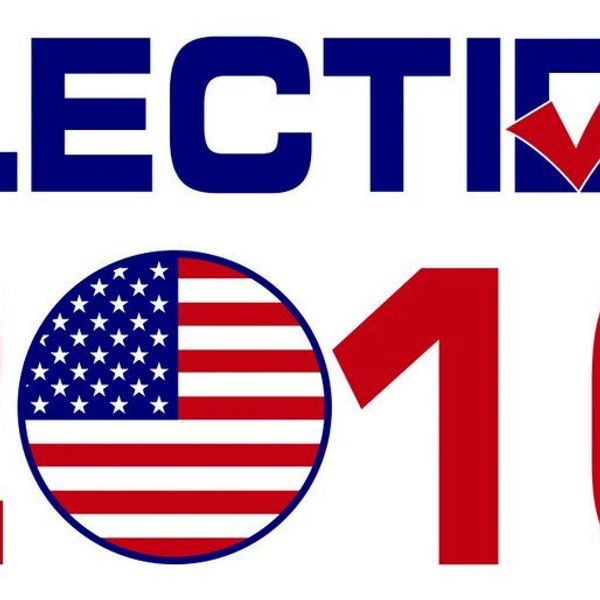Prior to the election, Speaker of the House Paul Ryan was against supporting president elect Donald Trump. He did not initially endorse the president-elect and refused to campaign with Trump when he was scheduled to join the Speaker at an event in Wisconsin. The Speaker called out Trump’s remarks about a Mexican judge, pointing out that what the then presidential candidate said was "the textbook definition of a racist comment.” After videos emerged about Trump’s demeaning treatment of women, Speaker Ryan said that he was “sickened” and hoped Trump would “treat the situation with the seriousness it deserves.”
Speaker Ryan lead the way for other GOP members to announce their disposition to not follow Trump. Mike Coffman of Colorado and Barbara Comstock of Virginia, both who represented swing districts along with Utah’s Governor Gary Herbert to vocally expressed their opposition to Trump. Until recently, Trump had not been taken seriously as a candidate and his derogatory comments did not help his support amongst Republicans in office.
While the Speaker of the House not endorsing his party’s presidential candidate may have been viewed upon as problematic, not only for the partly, but for the public opinion of the at the time potential presidential candidate, Trump thought quite contrary. He stated he did not “want his support” or “care” if the Speaker supported him or not. Trump had no concerns about upholding the approval of the Republican politicians that he was affiliated with and would potentially be working with. He did not stop there though. He continued bashing the Speaker, commenting on Ryan’s “very, very bad budgets” and “open borders and amnesty.” Trump, after not receiving the endorsement that is typically expected, responded with more critical comments.
While this rocky past had the potential to result with Speaker Ryan and president-elect Trump having difficulty working together now during Trump’s transition stage, quite the opposite is happening.
It seems now, Speaker Ryan has come full circle. Earlier this month, Ryan had stated that he and Trump were spending all their time on “getting the big things done” that they “don’t really talk about what [they] disagree on.” Ryan was reported to be “almost giddy” at the prospected policies he hopes to pass with the president, particularly in Trump’s first 100 to 200 days in office. Ryan no longer seems to be concerned about Trump’s qualification, and has easily dismissed the harsh and immoral comments Trump had made throughout his campaign. While the two agree on some things such as reaping the Affordable Care Act, infrastructure projects, U.S oil regulation, and cutting income tax brackets, the two differ with their beliefs towards entitlement reform, free trade, and foreign policy. But nevertheless, these differences are set aside to push forward what is crucial to Trump’s agenda and with the entire Republican party who have the majority in the House and Senate.
Ryan has now warmly embraced Trump. During Trump’s thank-you campaign, he held an event in Wisconsin. Trump happily introduced Speaker Ryan stating that his “come to appreciate him,” sayings that "He's like a fine wine. Every day I appreciate his genius more and more." Speaker Ryan appeared on stage with Trump and presented the president-elect with a #45 Green Bay Packer jersey to welcome the president-elect to Wisconsin. Both Speaker Ryan and Trump have come around to appreciate one another, but only on the things they agree on. Everything else seems to be off-limits for discussion.





















